Alternatives to traditional higher education continue to develop:
Google partners with Udacity to launch Android development nanodegree — from techcrunch.com by Frederic Lardinois
Excerpt:
At its I/O developer conference in San Francisco, Google announced [on 5/28/15] that it has partnered with Udacity to launch a six-course Android development nanodegree.
The idea here is to help developers learn how to write apps for Google’s mobile operating system “the right way” up to the point where they could potentially be hired by Google itself.
Udemy alternatives for selling video courses online — from robcubbon.com
Excerpt:
Udemy is currently the leading online learning platform. Their top 10 instructors all made over $500,000 last year and the top earner makes over $8 million. I make $4000+ each month by selling courses on Udemy.
16 startups poised to disrupt the education market — from inc.com by Ilan Mochari
Colleges and universities are facing new competition for customers–students and their parents–from startups delivering similar goods (knowledge, credentials, prestige) more affordably and efficiently. Here’s a rundown of some of those startups.
.

New MOOC Platform Provides Free IT Certification Courses — from campustechnology.com by Rhea Kelly
Simon & Schuster to sell online courses taught by popular authors — from nytimes.com by Alexandra Alter; with thanks to Sidneyeve Matrix for her Tweet on this
Excerpt:
Simon & Schuster is making a push into paid online video, with a new website offering online courses from popular health, finance and self-help authors.
The cost of the first batch of online courses ranges from $25 to $85, and includes workbooks and access to live question-and-answer sessions with three authors: Dr. David B. Agus, the best-selling author of “The End of Illness”; Zhena Muzyka, who wrote the self-help book “Life by the Cup”; and Tosha Silver, the author of the spiritual advice book “Outrageous Openness.” The courses will be available on the authors’ individual websites and on the company’s new site, SimonSays.
.
But there is a new wave of online competency-based learning providers that has absolutely nothing to do with offering free, massive, or open courses. In fact, they’re not even building courses per se, but creating a whole new architecture of learning that has serious implications for businesses and organizations around the world.
It’s called online competency-based education, and it’s going to revolutionize the workforce.
…
The key distinction is the modularization of learning.
…
Here’s why business leaders should care: the resulting stackable credential reveals identifiable skillsets and dispositions that mean something to an employer. As opposed to the black box of the diploma, competencies lead to a more transparent system that highlights student-learning outcomes.
- Should your institution consider a nanodegree program? — from by Rebecca Lundberg
Students seeking to build technical skills and credentials are enrolling in nanodegree programs.
- Anyone Can Be a Teacher at Skillshare, an Online School — from nytimes.com by Jonah Bromwich
Excerpt:
Skillshare is an online video platform that allows anyone to sign up and teach a class. The company has proved adept at recruiting experts to teach on its website. Aside from Ms. Orlean’s class on creative nonfiction, the website has a class on visual storytelling from the design maven Debbie Millman and a marketing course taught by the entrepreneur Seth Godin. At one point, it even offered screenwriting instruction from James Franco.
Addendum on 6/3/15:
Disrupting Higher Education — from Campus Technology
Can colleges and universities break out of traditional models and compete with the disruptive forces changing the nature of higher ed?
Excerpts:
Also, traditional colleges and universities have turned away from the growing population of “nonconsumers” who need workforce skills. Only one in five freshmen actually have that residential college experience that we tend to glorify, she said. Close to 71 percent of students are what we now call non-traditional students, but which are fast becoming the norm.
These kinds of students are “overserved” by those bundled services of traditional brick-and-mortar institutions, she said. Many feel underprepared for the workforce, and they’re looking for something different.
“Higher education institutions are now competing with organizations they have never even heard of,” Weise said. “These are organizations that are really getting at the inadequacies of the system…. things like coding boot camps, where you can pay $10,000 to $20,000, spend six to 12 weeks learning to code, and get recruited by places like Google or Facebook and start earning about six figures…. Your shot at getting a job is better than if you went to law school.
“This is just to emphasize that it’s not who you think you’re competing with,” she said.
Per Michelle Weise p. 8 pf 45
IBM-Affiliated Brooklyn School Graduates Its First Students Ahead of Schedule With Both High School & College STEM Degrees — from finance.yahoo.com and the PR Newswire
Young trailblazers pave way for national education model for tens of thousands of students
Excerpt:
BROOKLYN, N.Y., June 2, 2015 /PRNewswire/ — Six students from Brooklyn are graduating from P-TECH (Pathways in Technology Early College High School) two years early with both their high school diplomas and college degrees in computer systems technology, fast tracking through the nation’s first school that blends public high school, community college, and work experience into one.
Addendums on 7/1/15:
- Boot camp classes may offer a peek at the future of higher ed — from cnbc.com by Bob Sullivan
Excerpt (emphasis DSC):
Udacity has abandoned the idea of giving classes away to huge numbers of people in favor of “nanodegrees”—boot-camp style, short-term programs with a laser-like focus on preparing students for a career. Nanodegree subjects include Web developer, Android developer, iOS developer … you get the picture.
What you don’t get is a huge student loan debt. Udacity classes start at $1,200 for a six-month program. The fees have actually helped with online classes’ biggest problem: High dropout rates. Turns out, more people stick with classes if they have to pay for them.
- Are small, private online courses the future of higher education in America? — from theweek.com by James Poulos
Excerpt:
Rather than trying to get universities to shape up, we should recognize that the SPOC (Small and Private Online Courses) model will flourish best outside the confines of today’s campus environment. In small, private forums, pioneers who want to pursue wisdom can find a radically alternate education — strikingly contemporary, yet deeply rooted in the ancient practice of conversational exegesis.
Addendum on 7/24/15:
HowZone Collaborative Learning Communities™
Connecting you with people from around the world who are passionate about the same topics as you.
What We Do:
HowZone connects people around topics of shared interest and gives them tools to help each other learn. Beginners get the foundational knowledge they need and experts get special ways to take their expertise as far as they want to go.
Addendums on 7/24/15 — with thanks to Thomas Frey for his posting mentioning these resources
.
Addendum 8/7/15:
Addendums on 8/26/15:
Addendum on 10/15/15:
- 33 websites that will make you a genius — from medium.com









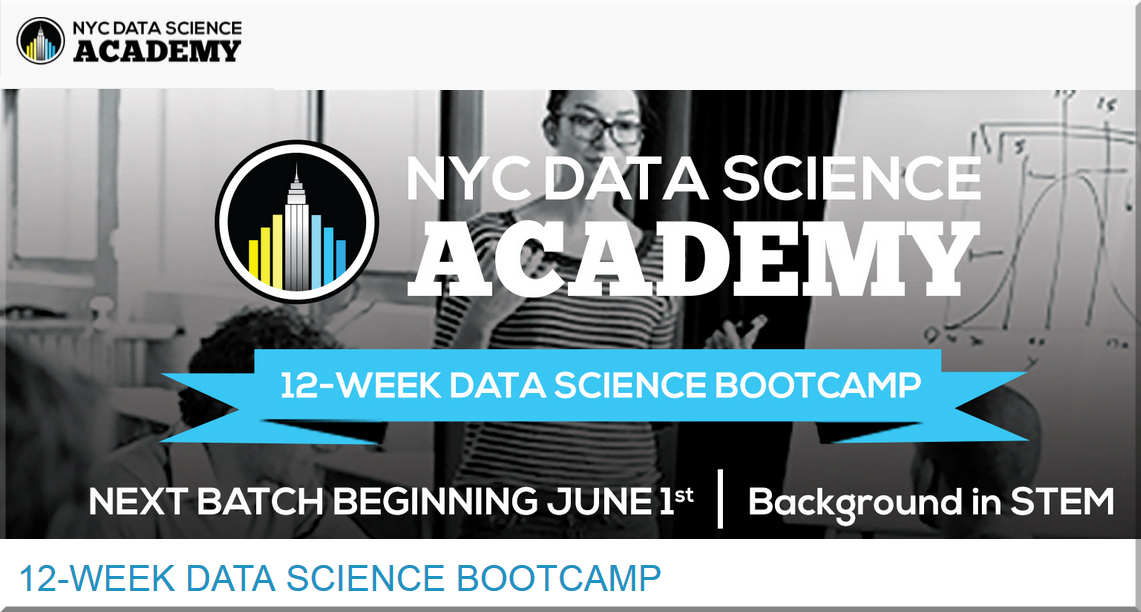
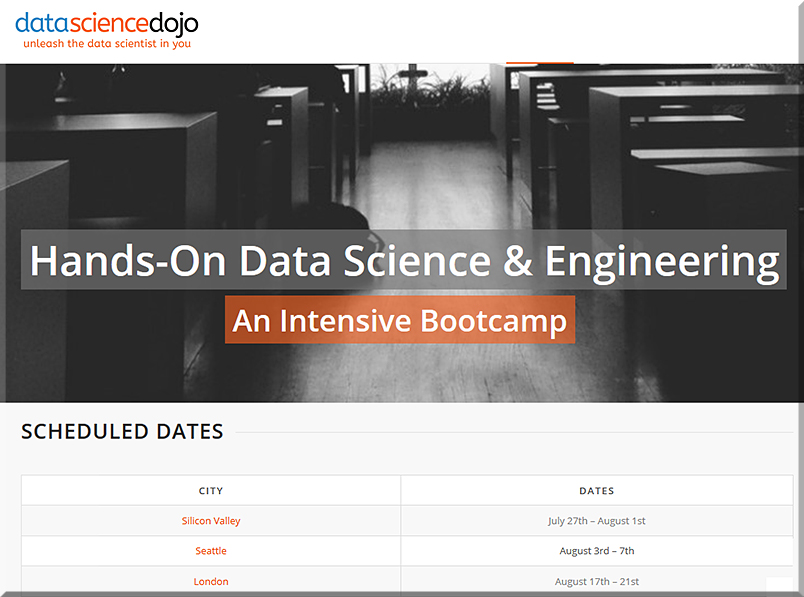

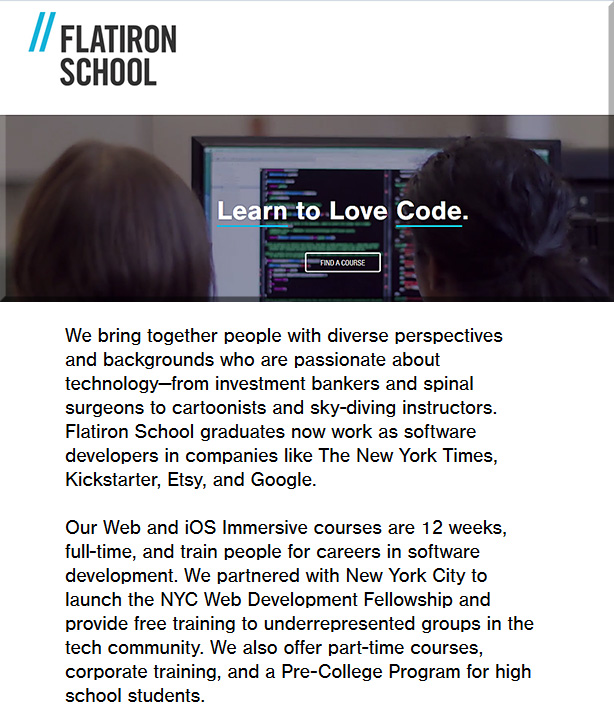

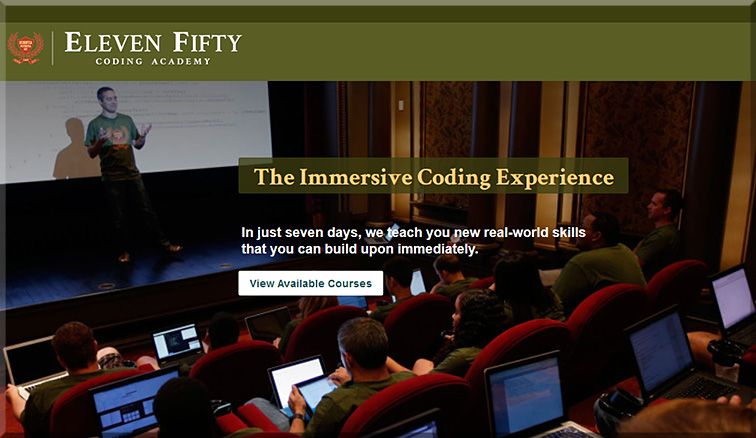


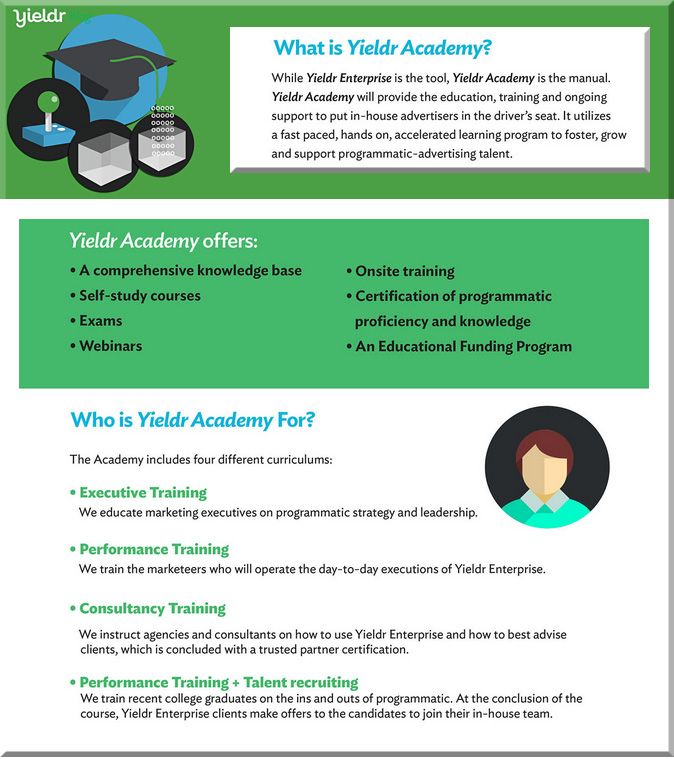

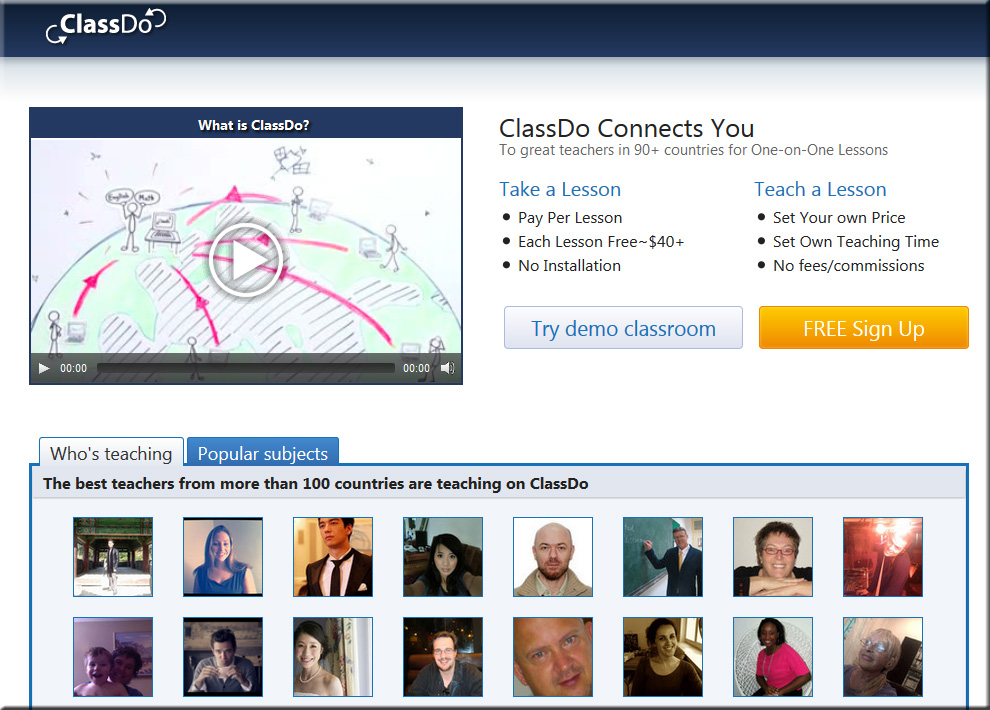

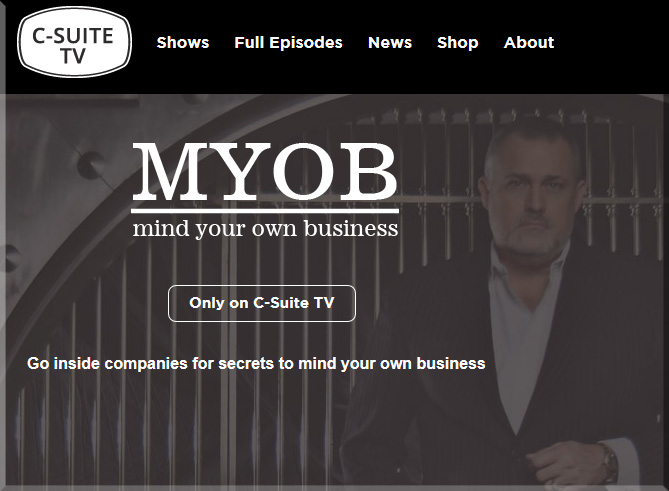

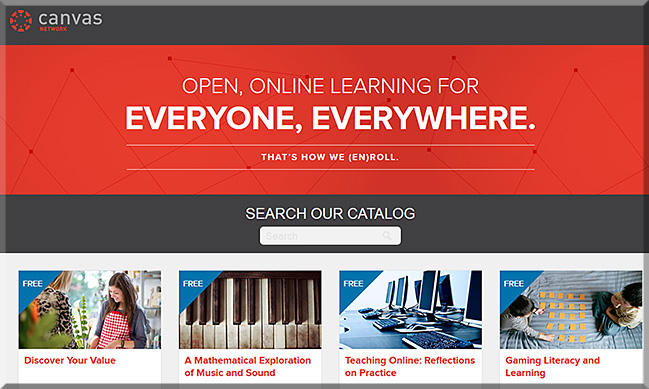

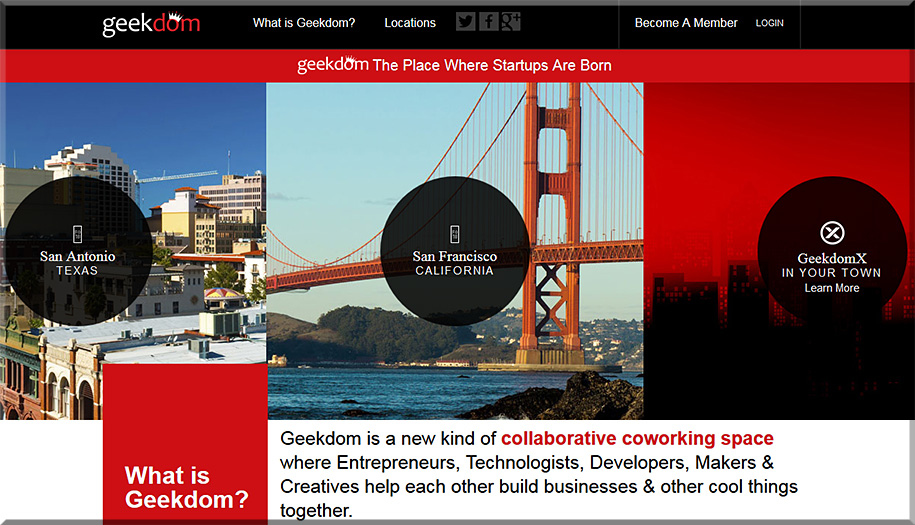
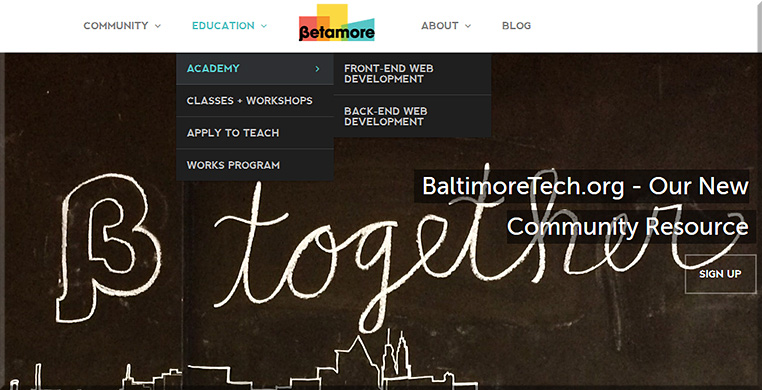
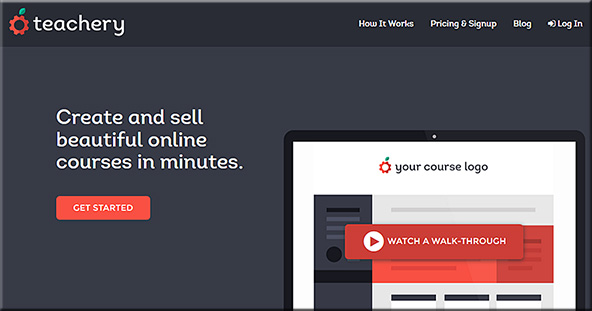
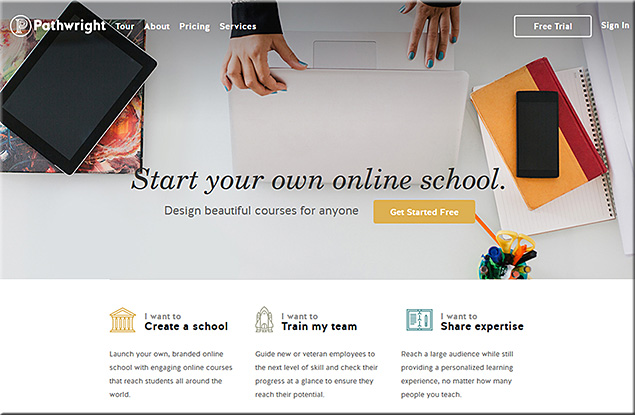
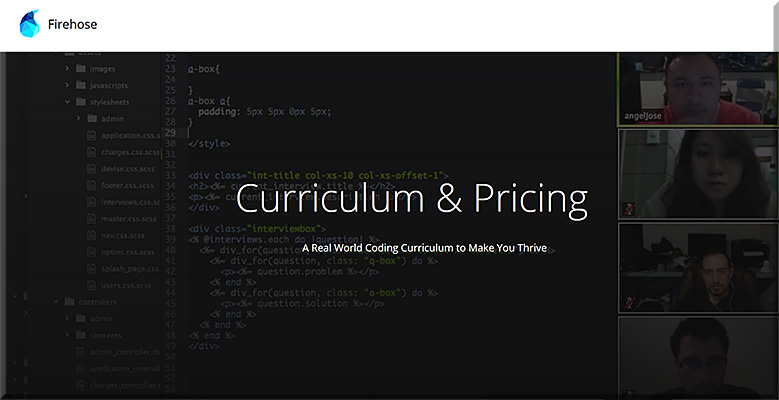
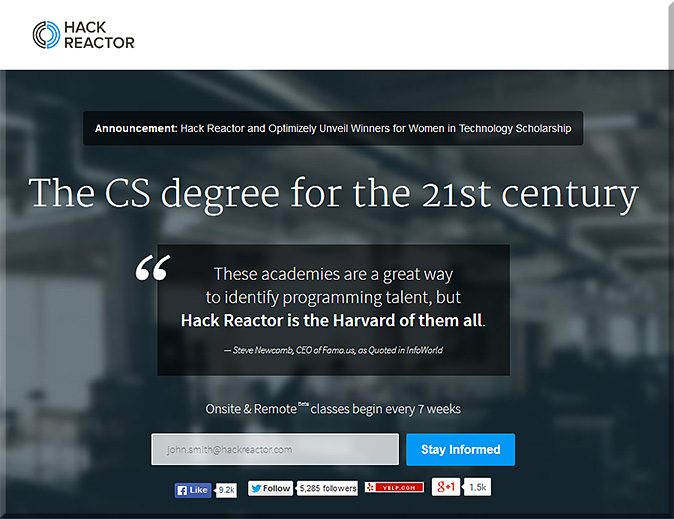
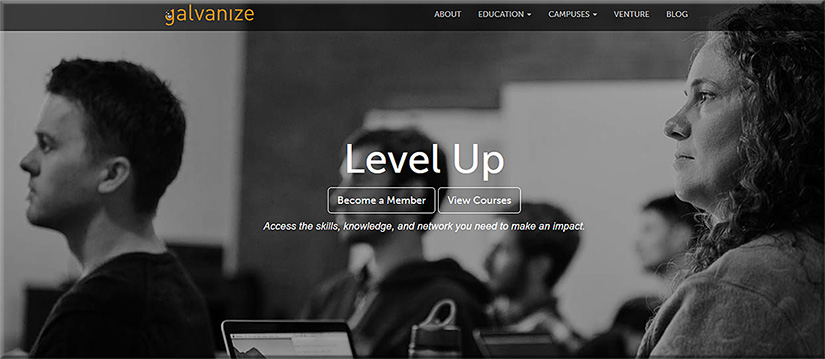
[…] NOTE: Higher education is included in this discussion. If we think that we’re not included — and the other forces continue that are putting the heat in higher ed’s kitchen — it’s highly likely that other forms and channels of learning will fill the voids and gaps in what people are looking for and…. […]
[…] groups of the past. More and more, I think that we are competing with the new models, startups, and alternatives to traditional higher education. Yes, traditional institutions of higher education can respond and change — some have been […]
[…] Consider the higher ed landscape that continues to encounter new alternatives […]
[…] From DSC: As higher ed (as an industry) doesn’t seem to be able to decrease the costs of obtaining a degree, alternatives continue to crop up. […]
[…] knowledge…people will find the equivalents of electric cars and hybrid cars — in fact, we’re seeing such alternatives crop up all the time these days. People holding the steering wheels within higher education better start taking this much more […]
Thank you for sharing valuable information, good work
Check out our Certification Programs :
Achieve CAPM Certification: Join Our Expert-Led Training Course and Pass the Exam
Unlock Your Leadership Potential: Enroll in our Expert-Led Training Program
Become an ITIL® 4 Foundation certified professional with our training program